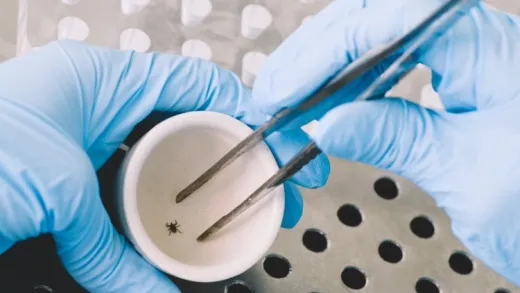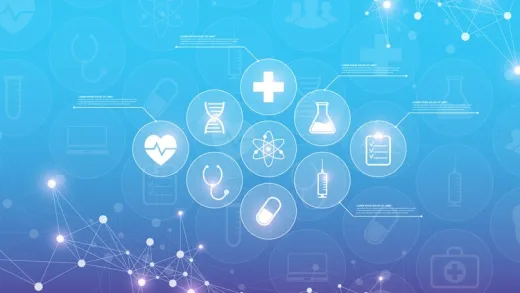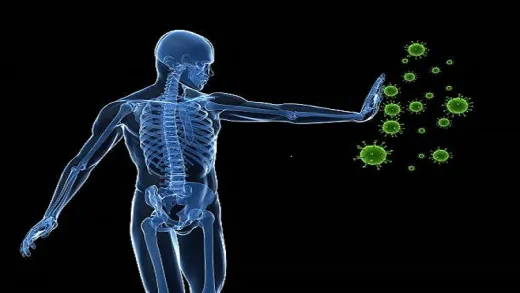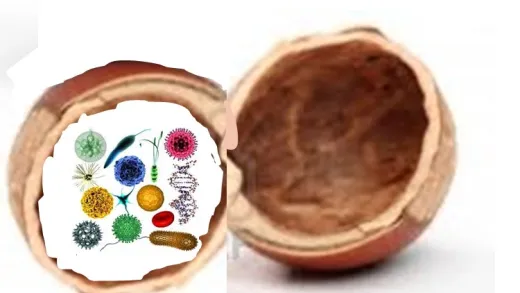Brief Summary
This course delves into the world of Microbiology, focusing on bacteria and including the history, types of cells, and essential lab techniques. With engaging materials, you'll explore how to classify microorganisms and their importance in Medicine.
Key Points
-
Introduction to bacteria, viruses, fungi, and protozoa
-
Focus on the history and fundamentals of Microbiology
-
Understanding Prokaryotic and Eukaryotic cells
-
Learning microscopy and staining techniques
-
Experiencing hands-on lab techniques like Gram-staining
Learning Outcomes
-
Understand the history and key figures in Microbiology
-
Identify parts of a light microscope and their uses
-
Master classification and nomenclature for microorganisms
-
Perform Gram-staining and comprehend its significance
-
Learn factors influencing microbial growth and nutrition
About This Course
Learn about the history and fundamentals of Microbiology.
An Introduction to the study of bacteria, viruses, fungi, and protozoa, with a main emphasis on bacteria. Topics include History of Microbiology, Prokaryotic and Eukaryotic cells, Classification, Microscopy, Staining techniques, and Microbial growth and nutrition.
Materials will include PowerPoint presentations, links to videos, and lecture notes. The Course itself is for 5 hours. So, based on the time one can allot to the course, depending on the time constraints, it may take a week to 2 weeks to complete it. The course is structured in such a way that there will be a progression from one concept to the next, although each lesson will be a stand-alone.
It will include laboratory aspects associated with Microbiology such as use of microscopes, Gram-staining technique, streak plate method of bacterial cell isolation. The techniques are explained along with the theory or “reasoning” behind them. This should help one to not only assimilate the subject better but to avoid mistakes in the step-by-step process by recalling the “why” before the “what” for each technique.
Whether you are new to Microbiology, want to refresher course, or want to learn certain basic yet complex concepts, this course aims to deliver quality material which will make learning more engaging and Microbiology a more fascinating subject, especially as it relates to Medicine.
At the end of the course, you would know who are the founding fathers of Microbiology, parts of a light Microscope, and cell culture techniques, In this course, you will learn how to classify microorganisms, how to use the correct nomenclature, the different staining techniques and factors involved in microbial growth
How to use a light microscope
How to do Gram-staining








Megan R.
The history is great, but it could be shortened a bit. The most applicable parts of the course are missing complete sections, so you are quizzed on entire sections that you never learned about. The last 4 sections should be expanded or focused on more.